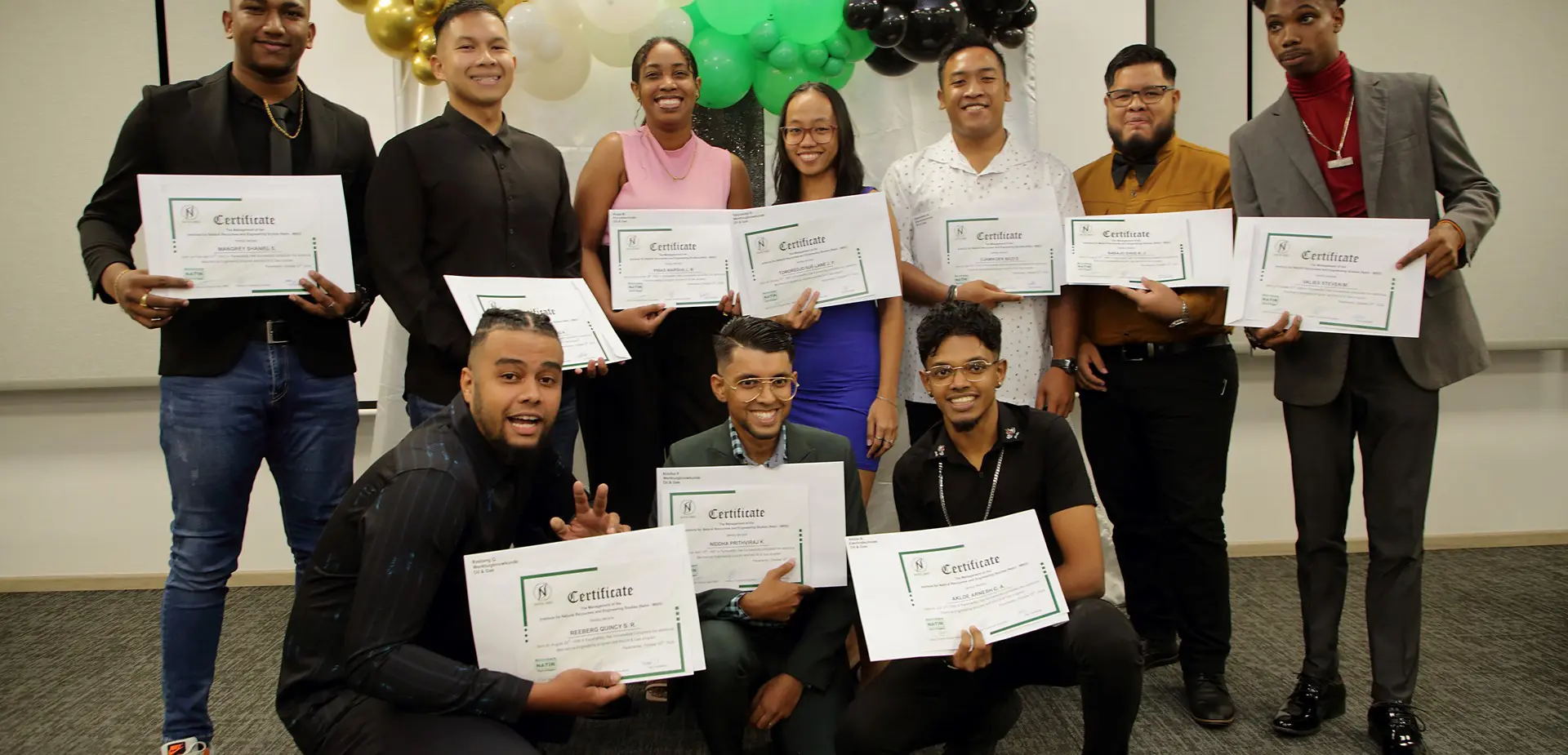Suriname’s National oil company, Staatsolie Maatschappij Suriname N.V., (Staatsolie) ramped up investment in workforce development in 2024 as the country prepares for its first major offshore oil development.
The company’s latest sustainability report, published in early October, details a flagship training initiative at the Natuur Technisch Instituut Suriname (NATIN).
Staatsolie said the oil and gas training program at NATIN is a key component of its national workforce development strategy. It is designed to prepare Surinamese students for careers in the offshore energy sector by combining theoretical knowledge and hands-on technical training aligned with industry standards.
In October 2024, the first cohort of 10 students, who began an 18-month training in 2022, successfully graduated. The report states: “These graduates, already holding diplomas in mechanical, electrical, or process engineering, completed three phases of instruction and a professional practice orientation, gaining practical experience with oil and gas installations.”
Following this milestone, a second cohort of 45 students commenced training in 2024.
Total programme investment reached US$800,000, with US$240,000 directed in 2024 toward further infrastructure upgrades. The next phase will include renovations at NATIN and the Lower Technical School (LTS), reinforcing Staatsolie’s commitment to strengthening Suriname’s technical education system and future workforce.
This intensified training push comes as Suriname charts its course toward deep offshore oil production. Staatsolie is participating in the development of the Sapakara South and Krabdagu fields in Block 58, coined the GranMorgu project, expected to start production in 2028.
With Suriname’s offshore sector set to expand rapidly, a skilled local workforce is critical.
Training is important because international oil companies and local businesses will require workers who understand both technical and safety standards in offshore environments. The NATIN-Staatsolie collaboration underlines this.
According to the institute’s website: “The goal of the programme is to equip Surinamese students with specialised knowledge and skills in offshore oil and gas, enabling them to contribute to the growth and development of the national oil and gas sector.”
By building local capacity, Staatsolie aims to ensure that Surinamese people both benefit from and participate meaningfully in the emerging offshore supply chain. The report notes: “Our local content approach focuses on building national capacity through targeted investments in education, training, and supplier development.”



